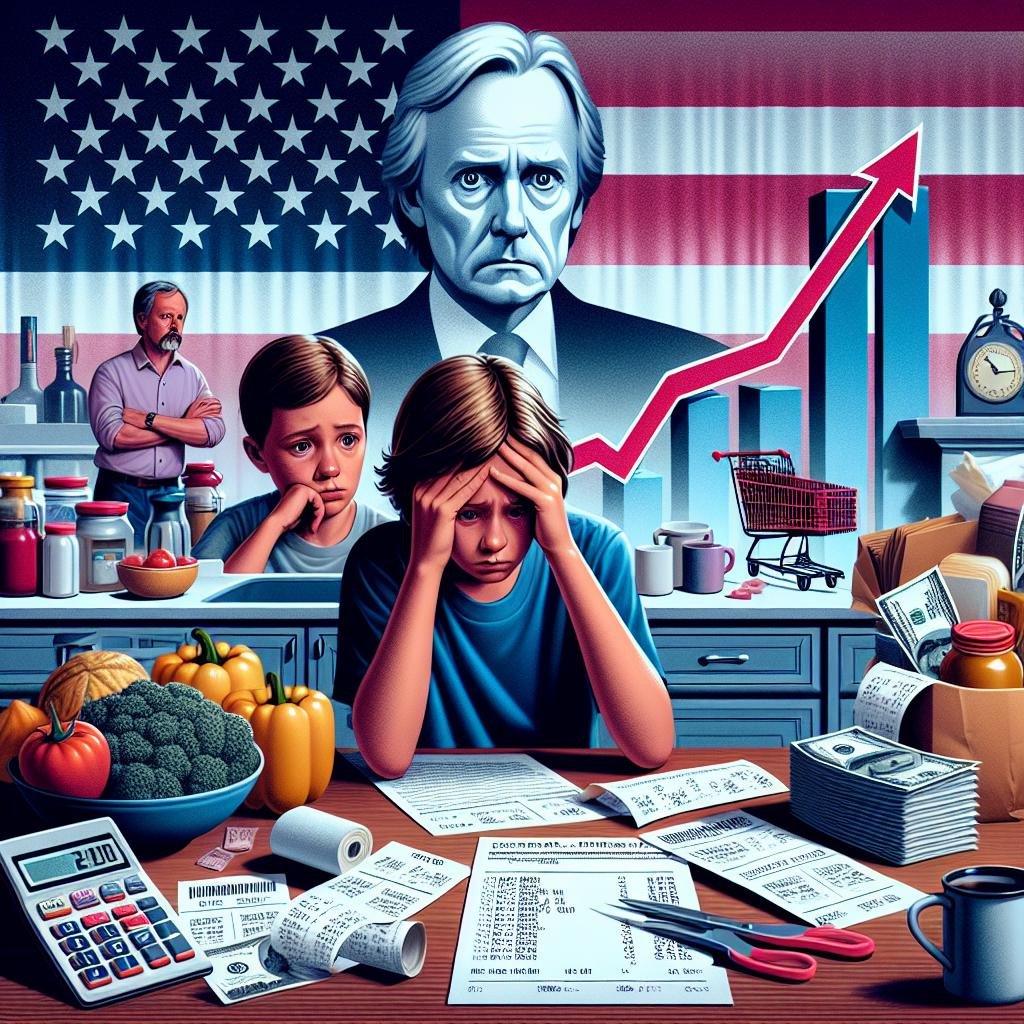
Why You Should Care About Tariffs and Your Budget in 2025
If you’re watching your wallet this year, here’s something to keep on your radar: tariffs. They’re not just political buzzwords or headlines reserved for economists—they have a direct impact on your personal budget.
Former President Donald Trump has proposed sweeping new tariffs as part of his campaign agenda, including a blanket 10% tariff on all imports and a 60% tariff on Chinese goods. While the goal may be to protect American industries, these tariffs could mean higher prices on everyday items—something every consumer, no matter their income level, should take seriously.
Understanding Tariffs: What Are They?
Tariffs are essentially taxes placed on imported goods. When a tariff is added, the price of that imported product typically goes up. While businesses may adjust how much of that cost is passed on to you, the consumer, you almost always end up paying more.
Here’s an example:
- If a $100 appliance from China faces a 60% tariff, its price could jump to $160 before it even hits store shelves.
- This increase filters down to you—and could be even higher after businesses add their markups.
So, when tariffs go up, so do your living costs.
How the Trump Tariffs Could Affect Your 2025 Expenses
According to a recent analysis reported by NPR, the proposed tariffs could cost the average American household an extra $1,500 or more annually. That’s over $100 each month that could otherwise go toward savings, debt repayment, or even your grocery bill.
1. Higher Prices on Consumer Goods
Everything from electronics to clothing could see cost hikes:
- Smartphones and laptops: Many components come from overseas.
- Household appliances: Washing machines, dryers, and refrigerators could all become more expensive.
- Everyday consumables: Even simple household items, like light bulbs or kitchen utensils, may carry higher price tags.
2. Inflation Pressure
Increased tariffs can fuel broader inflation, pushing up prices across different sectors of the economy. That means:
- You might pay more for food, gas, and other essentials.
- Interest rates could remain high as the Federal Reserve moves to combat inflation, making loans and credit cards more expensive.
This inflation ripple effect can crush families already living paycheck to paycheck and disrupt long-term financial planning.
3. Potential Job Market Shifts
Tariffs might help domestic industries in the short term, but economists warn they can also result in retaliatory tariffs from other countries. That could hurt U.S. exports and lead to layoffs in affected sectors like agriculture, manufacturing, and retail.
For you, that may mean:
- Job uncertainty or stagnant wages in vulnerable industries.
- Impact on retirement plans or investments tied to those sectors.
What You Can Do to Protect Your Finances
Now that you know how tariffs could affect your budget, it’s time to take action. Here are a few simple ways to safeguard your finances:
1. Build a Budget That Accounts for Higher Prices
Use a budgeting app or spreadsheet to identify your largest spending categories. Begin adjusting your budget assuming price increases in goods you import or buy from retailers like Walmart and Amazon.
2. Focus on Buying Local
Support American-made or regionally-made products. They may still be affected by inflation, but they’re less likely to be impacted directly by import tariffs. This also supports local businesses and keeps money circulating in your community.
3. Boost Your Emergency Fund
Supply chain disruptions and price volatility may strain your finances. Having 3-6 months’ worth of expenses saved can help keep you afloat during uncertain times.
4. Monitor Your Investments
If you’re investing in index funds or specific sectors, keep an eye on industries that might be hit hard by global trade conflicts. Working with a financial advisor can help you diversify smartly.
Final Thoughts
Tariffs may sound like a government issue, but they can influence the prices of the goods and services you rely on every day. Whether you’re building your first personal budget, refinancing debt, or working toward financial independence, understanding these macroeconomic policies is key.
Stay informed and adjust your financial strategy proactively.
Take the Next Step
Looking to regain control of your money? Browse our Personal Finance Guides to find expert tips on saving, investing, and mastering your money in 2025—even during uncertain times.